President speech: How human rights can promote the wellbeing of children in Australia
Discover a speech on promoting children's wellbeing through human rights.
Discover a speech on promoting children's wellbeing through human rights.
We all know why we're here today. You're here because men aren't seeing enough of their children, that after divorce they're lone fathers if they're lucky and cheque books on legs if things turn out badly. Sadly, there are some men who just disappear as dads altogether.
I begin by paying my respects to the Gadigal peoples of the Eora nation, the traditional owners of the land where we gather today. I pay my respects to your elders, to the ancestors and to those who have come before us. And thank you, Alan Madden, for your generous welcome to country for all of us.
I should add, at this point, that my work over the past few years and my inquiry on children in immigration detention (CIDI), in Australia, the report of which "A last resort?" was tabled in the Australian Federal parliament in May of 2004, has made me even more keenly aware of the fragility of child asylum seekers. But more on that later!
The voices of children and young people shape our work. By listening to you we can research important issues and make recommendations on behalf of children and young people in Australia.
We heard from children and young people and families from across Australia about their experiences with criminal justice systems.
We looked at what could be done to stop children coming into contact with the police and the courts and ending up in detention. And how people in charge could treat young people in detention safely and respectfully and be held to account.
Children and young people told the National Children's Commissioner they need 'help way earlier!'. She wrote a report about this. She also recorded this video to report back to children what she heard.
We will soon survey people aged 14 – 18 years about their experiences of, and attitudes towards, consent, respectful relationships, and sex education. This will help the government improve consent education across Australia.
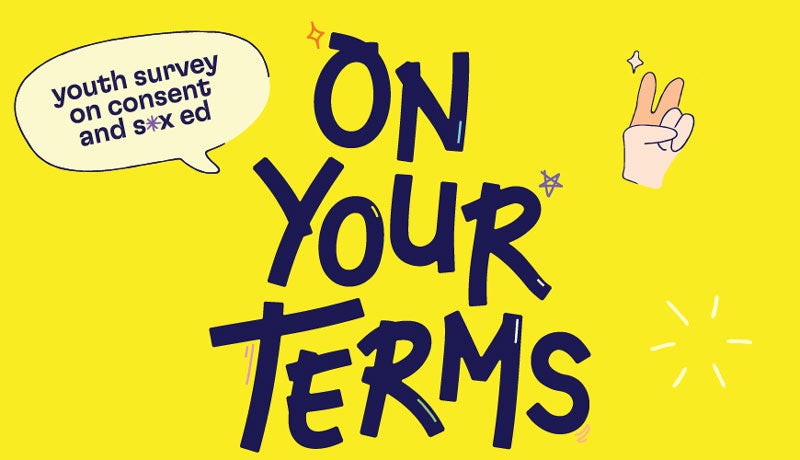
We consult with children and young people across the country so their voices are included in decisions that affect them.
Our project 'Do things with the information we tell you': Supporting Quality Engagement with Children (SQE) is about making sure the right people – the decision-makers in government – hear what children have to say and take action.
To read more about the findings, see our Project Overview.
Australia has signed up to a UN treaty which protects children’s rights. The government reports on how it is upholding this law to a special committee every 5 years.
We also submit reports on how we think the government is tracking and what actions we think they should take.
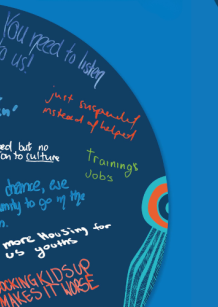
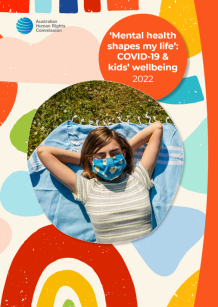

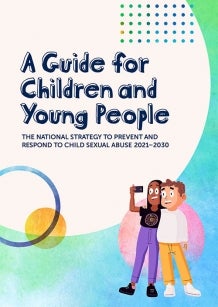
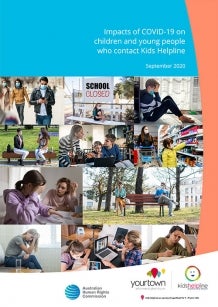

Probably most of us here are parents, and we all have dreams for our children. One of my dreams for my 18-year-old son and his girl friend is that they will be able to participate in society in the same way as everyone else.
Acknowledgments I acknowledge the traditional owners of the land on which we meet. I'd also like to thank the Aged and Community Services Association for inviting me to speak about police checks today. Introduction I suspect the average person in the street associates police checks with high-security jobs, such as airport security, or, on the other hand, with jobs working closely with children. However, police checks are required for an increasing number and variety of occupations and industries in Australia, including those providing aged and community services.
Being a young person can be tough. Sometimes it can feel like you don’t have a say about things that affect you. But you do! Having a say is one of your rights. Understanding your rights will give you the power to stand up for yourself and the people around you. So, let’s break down what children’s rights are.
Human rights are special protections that help us live a happy, healthy life. Human rights protect the things that we should all have—like clean water and safety. Your rights should always be respected and never taken away from you.
Human rights are universal and equal. Which means:
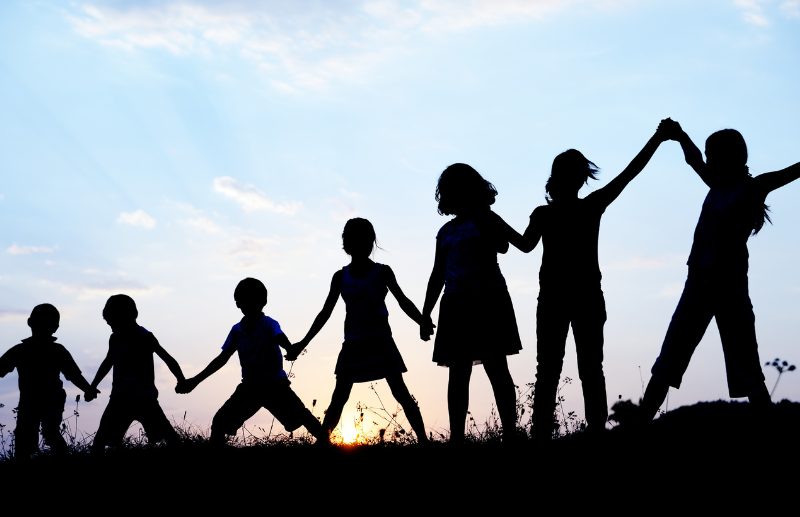
Children have special rights to meet their special needs. They are written down in an agreement made by world leaders in 1989—the United Nations Convention on the Rights of the Child.
To all of you who work with and for Indigenous children and families - my deepest congratulations. Many of you have spent years decrying the treatment of Indigenous children.You have written and spoken, cajoled and attempted to convince and then lobbied some more - just trying to get the people of this country to open their eyes. Your energy has been boundless. Your patience infinite.
For those of you unfamiliar with Australia’s Human Rights Commission, it’s an independent government body that protects and promotes human rights. My role as Human Rights Commissioner is to check that human rights in Australia are being respected including the human rights of children and young people.
You’re in the right place to find out about your rights. Let’s make sense of what rights are and how we look out for your rights at the Australian Human Rights Commission.
Meet Anne! It’s her job to make sure your rights are protected.
Read about issues that affect your rights and how we stand up for them in Australia.
It is now more than 5 years since the Human Rights and Equal Opportunity Commission completed its national inquiry into the separation of Aboriginal and Torres Strait Islander children from their families with the publication of Bringing them home.
Discover a speech on mandatory immigration detention of children.
Because in addition to being integral members of the workforce, women are the bearers of and remain the primary carers for children. So if it isn't working for her then it isn't working for her family, her partner, her children and babies.
I would like to begin by acknowledging the Gadigal people of the Eora nation, the traditional owners of the land on which we meet and pay my respects to their elders past and present.
Visit our media centre for up to date contact details for all media enquiries.